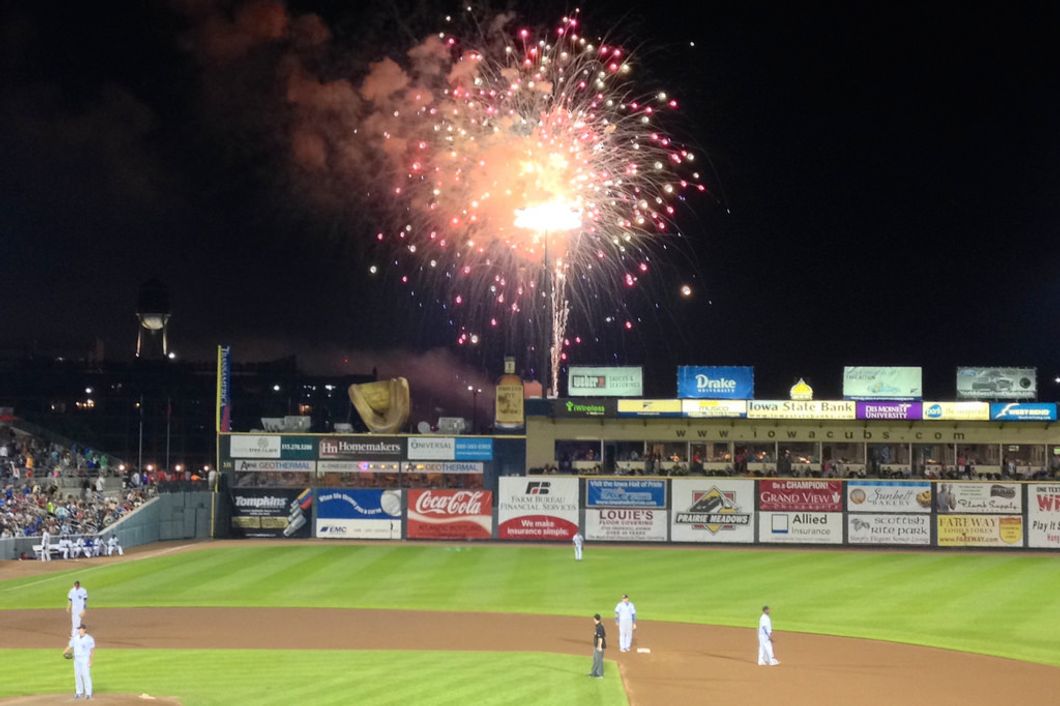As the 4th of July has passed us this year, many have wondered, "is this really what the forefathers wanted?"
The short answer is yes, BUT DON'T YOU TOTALLY WANT TO FIND OUT WHY???
No?
Well, you already clicked on this page so you might as well read it. I did spend some time on it and I am definitely generalizing history so that it can be consumed really easily.
Even though the 4th of July is generally considered Independence Day, Congress actually voted to pass the Declaration of Independence on the 2nd. The 4th is just when the colonies accepted it and for real, did we really need to ask them?
(Fun fact: the New York delegation actually opposed the Declaration at first, abstaining in the first vote.)
John Adams was actually quite mad about the celebrations being on the fourth as it was passed in Congress on the second.
Adams would actually turn down invitations to celebrate on the fourth and even go so far as to die before celebrating on that day. ("Not if I die first" – Thomas Jefferson)
Honestly, if you really want to get technical about it, Richard Harvey Lee made the motion for independence on June 7th earlier that year.
Do I think we are going to change a national holiday on semantics?
After much debate, Congress appointed a five-man committee that included:
Thomas Jefferson, the guy who apparently did most of the work.
John Adams, the guy who was mad all the time.
Roger Sherman, who now has two cities named after him (way to go Sher).
Robert R. Livingston, he has his own stamp! And,
Benjamin Franklin, the guy who was so bored, he tried to fly a kite in a storm.
(Honestly, if he had gotten struck by lightning and died, how long do you think that would have set us back? Or maybe pushed us forward, who knows? I was always more of a Tesla fan, and not just because of the pigeon thing)
These guys wrote an English paper so well that now we celebrate it. (My last English paper only got me a B.)
On a public opinion note, most colonists in 1775 actually opposed a full break from Britain.
Yet, thanks to growing hostility from the British and works like 'Common Sense' by Thomas Paine, public opinion changed quite quickly.
Now let's move on to celebrations!
In a letter from Adams to Abigail, John Adams wrote:
'It ought to be solemnized with Pomp and Parade, with Shews, Games, Sports, Guns, Bells, Bonfires and Illuminations from one End of this Continent to the other from this Time forward forever more.'
As it turns out, when the declaration was being read to the people for the first time, many began to party, fire rifles into the air, and hold bonfires and parades.
Adams was right, and so were we. Illuminations from sea to sea.
While parties were held at the first readings of the Declaration of Independence, Philadelphia has the honor of the first Commemoration on July 4th, 1777, during the war.
(Some would say a bit too early to celebrate but don't worry. I think our heroes will be okay.)
George Washington actually got into the spirits (literally) when he issued Double rations of rum to all his soldiers in 1778 and 1781 on the 4th.
This tradition of rum and good times dates back to 1776 so try not to disappoint.











































